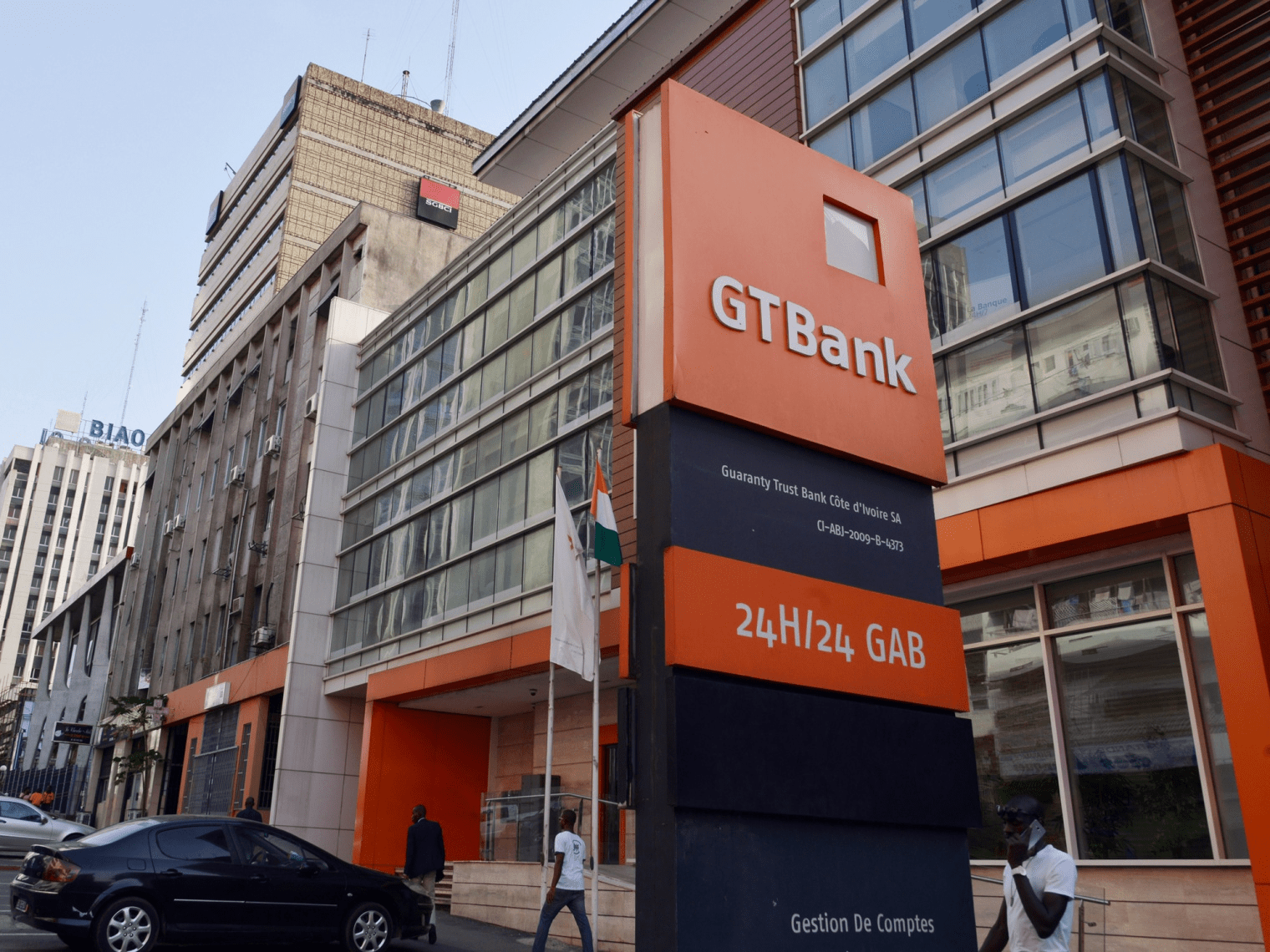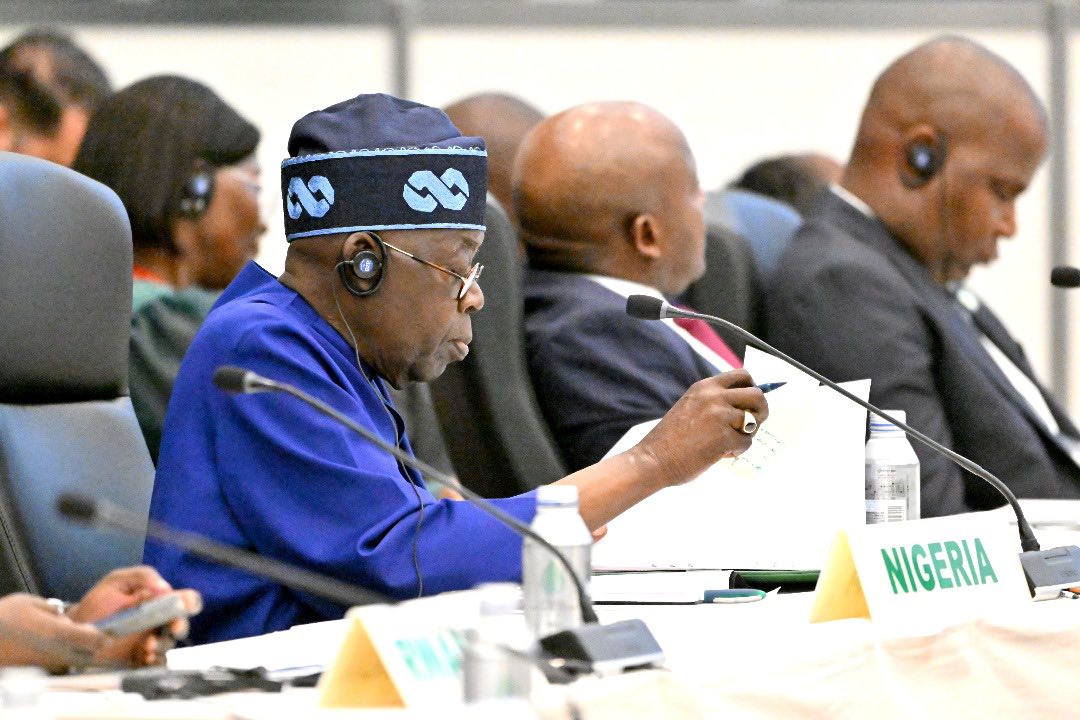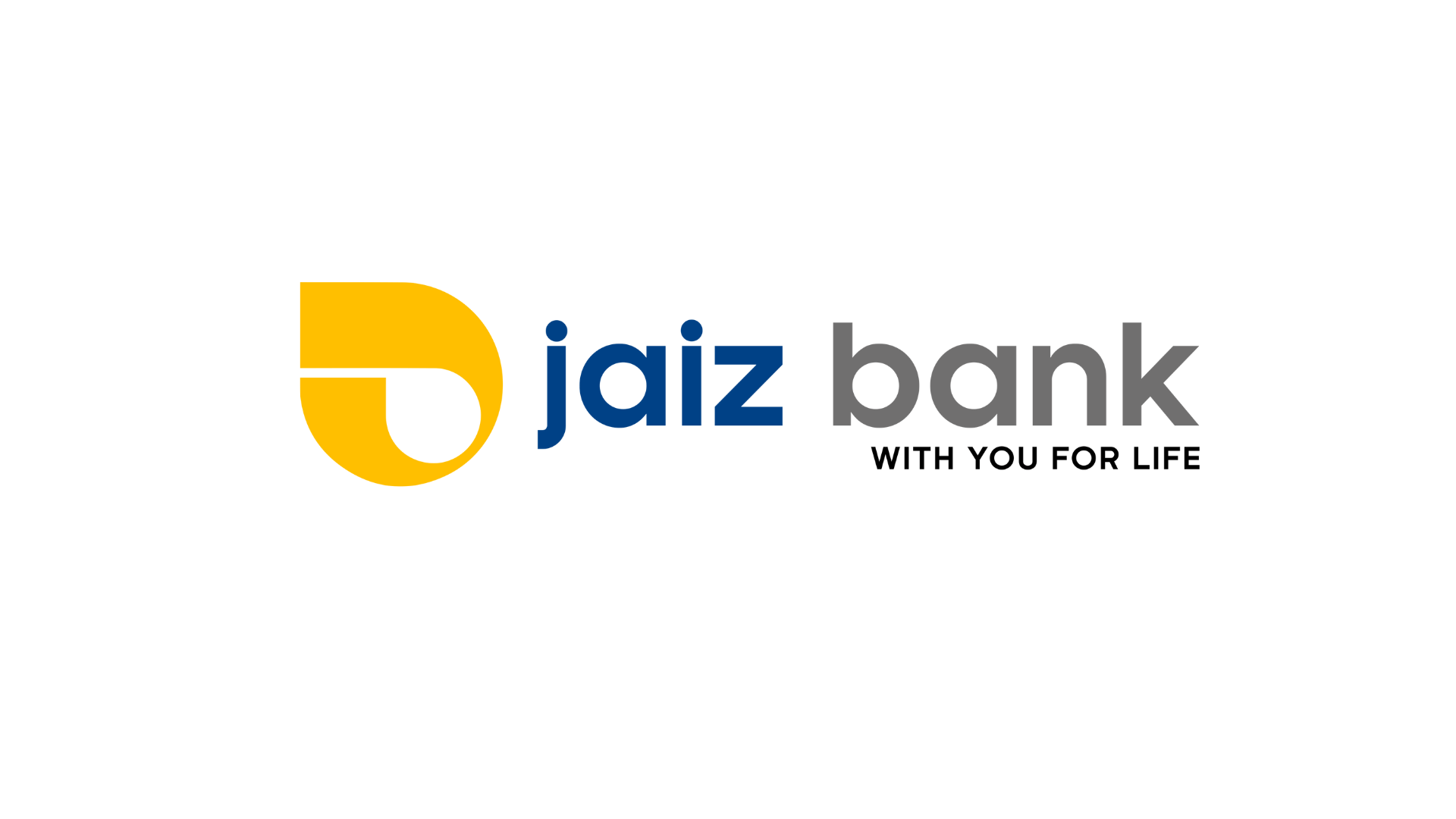•Target 31,220 jobs, 471 unserved communities•Oborevwori: Delta won’t be left behind in renewables deployment
Emmanuel Addeh in Abuja
The Delta state government and the Rural Electrification Agency (REA) yesterday signed a Memorandum of Understanding (MoU) for the possible deployment of off-grid electricity to 471 unserved communities, leading to an addition of about $2.9 billion to the state’s Gross Domestic Product (GDP).
Besides, when fully implemented, the agreement is expected to result in the creation of about 31,220 jobs in the renewables segment of the power sector to cut the growing unemployment rate.
Speaking in Abuja at the REA’s ‘State-by-State Roundtable Engagement’ themed: “Unlocking Distributed Energy Investments for Industrial Growth and Inclusive Access in Delta State”, Governor Sheriff Oborevwori pledged the readiness of the state to fully take advantage of the suite of impactful programmes on offer by the REA.
During a presentation by the state government, it listed the immense potential for renewable energy, particularly solar power, with an annual average solar radiance of 4.53 kilowatts per hour, making it the highest in the South-south region.
On why the collaboration matters, the state government noted that electricity supply in rural areas is largely low, denying access to such basics as lighting and refrigeration for almost 70 per cent of the coastal rural areas of the state.
Despite the achievements of the government in rural electrification schemes, the state noted that on a regular basis, it is still inundated with requests from rural communities to either rehabilitate or reinforce existing dilapidated electricity networks or extend the electricity network as some communities do not have access to the national grid.
With an estimated 65 per cent of the rural communities in Delta State unserved and underserved, the government told the Renewable Energy Service Companies (Rescos) present at the event that huge opportunities currently exist for them in the state.
“I must emphasise that we view these programmes not only as energy access initiatives, but as powerful tools for inclusive economic growth, enterprise development, and rural transformation.
“Access to reliable energy is a cornerstone for unlocking productivity, attracting investments, and enhancing the livelihoods of our people, particularly in communities that have long been unserved and underserved. Delta State is committed to leveraging these programmes to accelerate the delivery of energy solutions that align with our medium-term development plan and the MORE agenda of Delta state.
“We believe that the outcomes of these initiatives will drive meaningful improvements in healthcare delivery, education, local industries, and job creation across Delta state,” Oborevwori stated.
Speaking on the advantages of renewables over traditional energy sources like fossils, Oborevwori highlighted that these sources remain critically volatile, environmentally unstable, non-renewable, and increasingly expensive.
On its part, he stated that Delta state will fully key into the federal government’s energy transition plan that ensures access to electricity, renewable energy means, and private sector collaboration as enacted in the State’s Power Sector Law (2024).
With an already established 8.5 MW embedded power plant, the governor said that this will be replicated in key public institutions in the state.
“As encapsulated in our electricity policy, Delta State is ready to widen its operations in the electricity sector. And therefore, we aim for the establishment of solar-powered mini-grids, solar farms for rural communities, hybrid solar wind systems, or any other renewable energy hybrid system for housing and coastal estates, and for businesses,” he added.
In his remarks, the Managing Director of the REA, Abba Aliyu, while underscoring the need for mini-grids, stressed that on-grid power supply will not be cost effective for very far-flung communities.
“Here, we have identified 531 educational facilities that can be powered using the mini-grid. We also have identified 471 off-grid communities in Delta State. And we estimated that we can connect 120,000 connections using this mini-grid.
“Based on our analysis of this data, we have realised that if we address the electricity access target of all the communities within Delta state, we will boost the GDP of Delta State with at least $2.9 billion. This is based on factual data that we have written down.
“And we can create, in a very simple way, 31,220 job opportunities within the state and thereby attracting an investment of about $158 million,” Aliyu added.
In her presentation, the Executive Director of the Rural Electrification Fund (REF) of the agency, Doris Uboh, said that REF has successfully deployed 125 mini-grids, 25,000 solar home systems, and more than 200,000 electricity connections across 183 rural communities.
“We have connected 724 mini-grids with a total capacity of 16.6 megawatts. We have deployed 25,580 solar home systems. Our projects are all-encompassing, and we make sure it gets spread across the entire 36 states,” she stressed.
The post REA, Delta Partner on Off-grid Power, Plan to Raise State’s GDP By $2.9bn appeared first on THISDAYLIVE.





